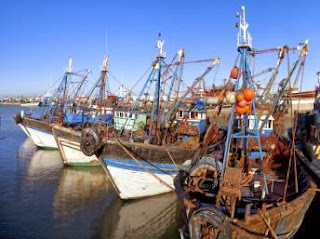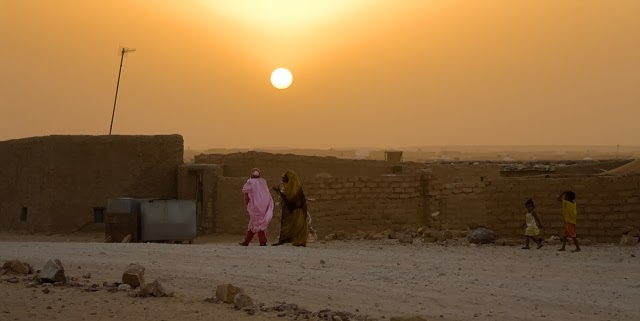Unsuitable international food aid: the case of gluten intolerance in the Western Sahara population

The celiac disease, permanent gluten intolerance, has been considered for years a typical western problem. But recently it was observed in developing countries too, that up to now where considered immune to such disease. This phenomenon seems determined by a progressive westernization of their diet, often deriving from the food aid received from international organizations. In this perspective, a quintessential case-study is the one about the Sahrawi population, the majority of it living in refugee camps in Algeria, where the incidence of the celiac disease is ten times higher than in Europe. Gluten intolerance is an enteropathy caused by a combination of genetic (especially referring to alleles DQ12 and DQ8) and environmental factors. Up to some decades ago, it was thought to be a typical problem of western populations, especially Europeans, but recent studies highlighted a notable presence of such intolerance also in Northern Africa, India and the Middle East. Importan...





